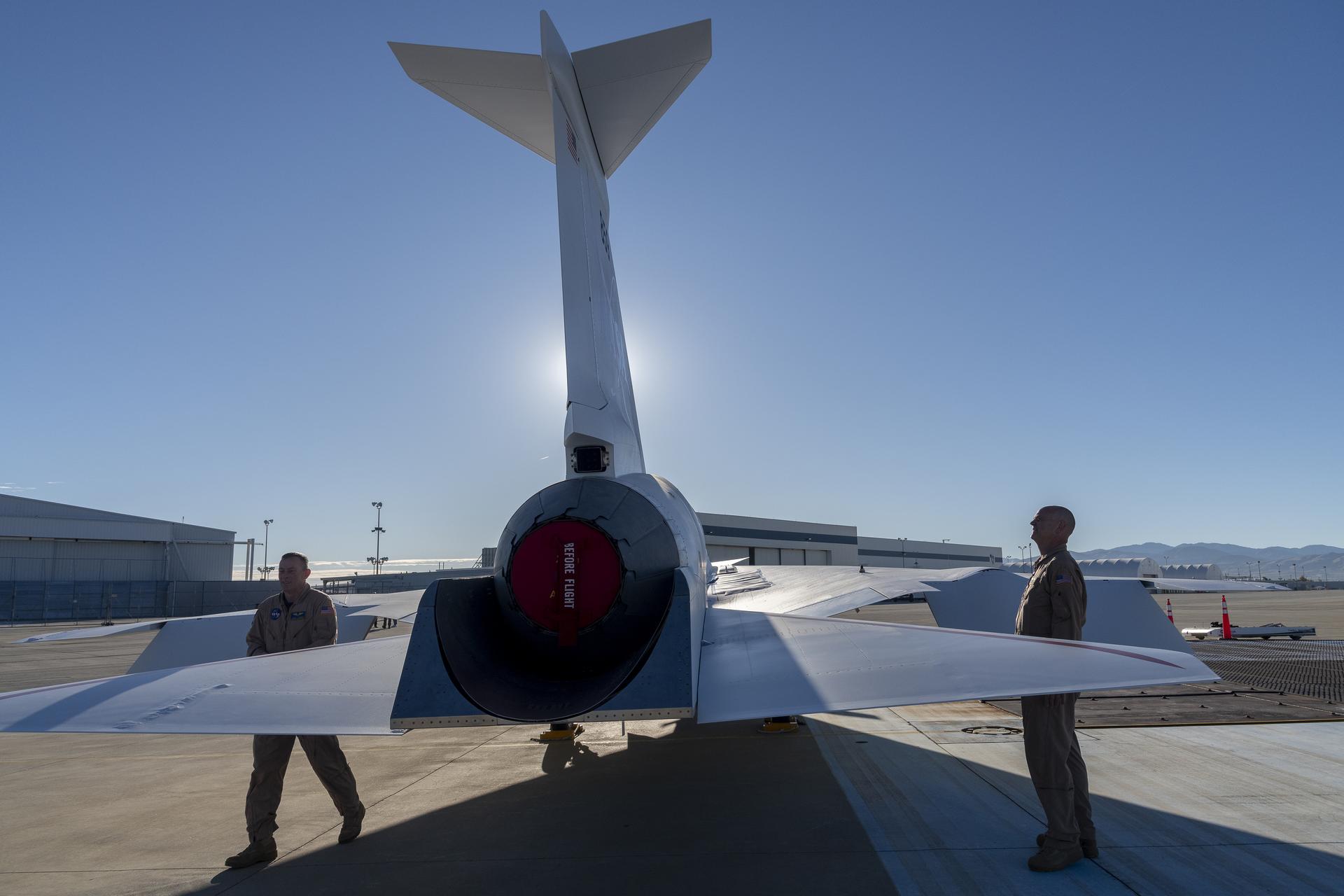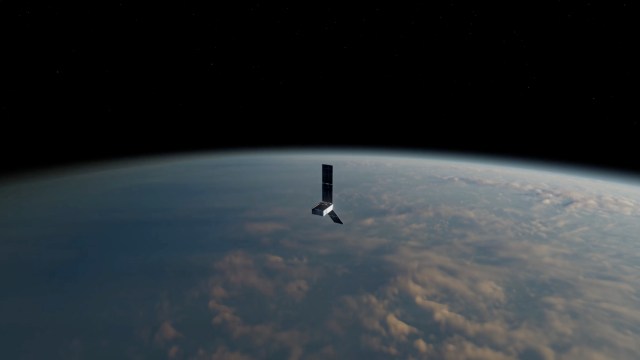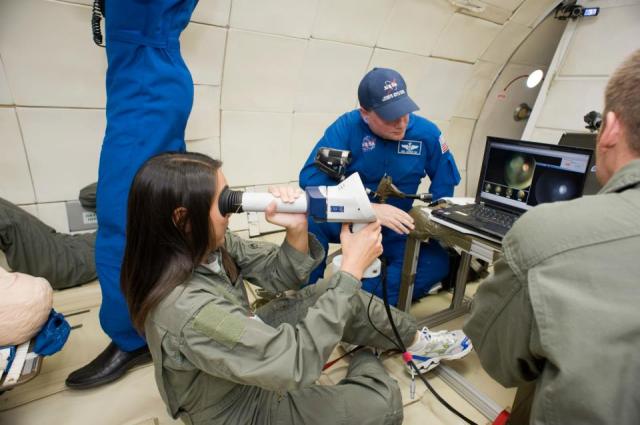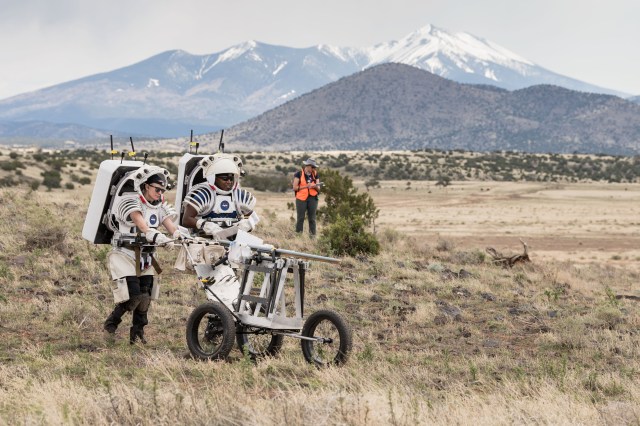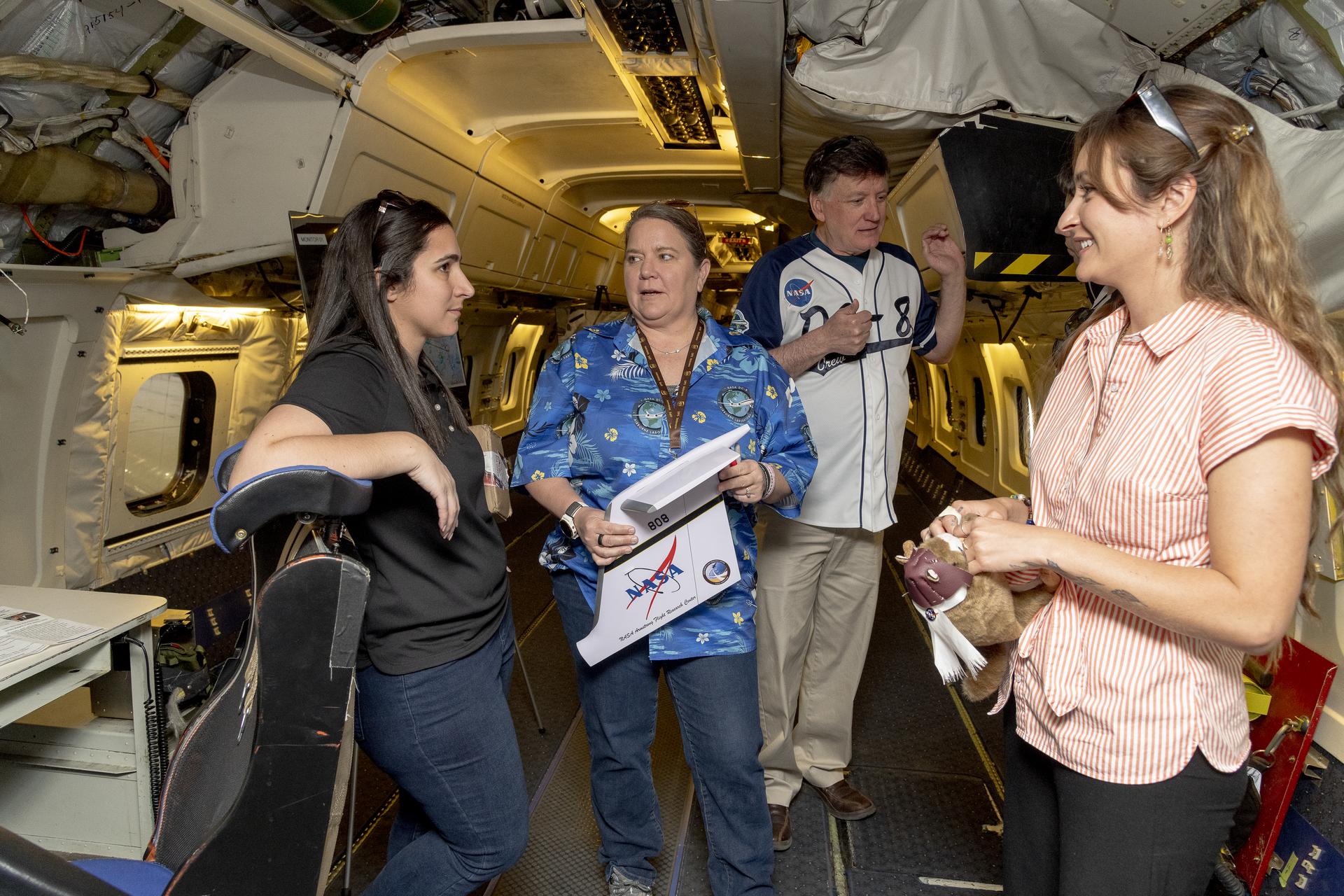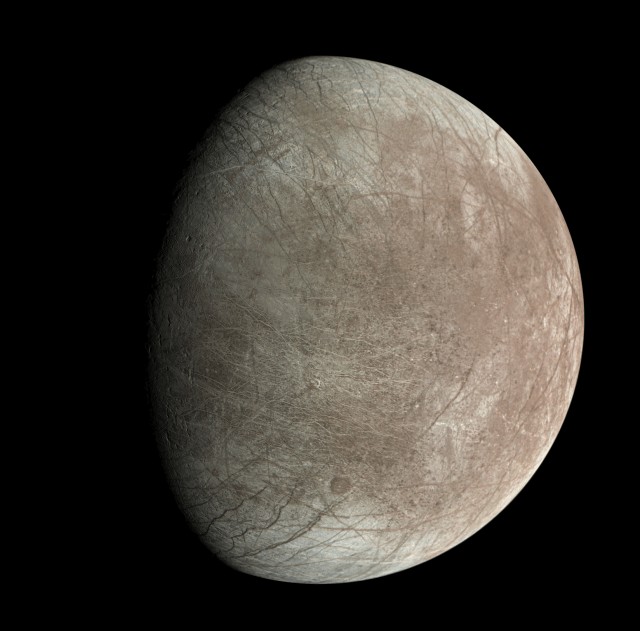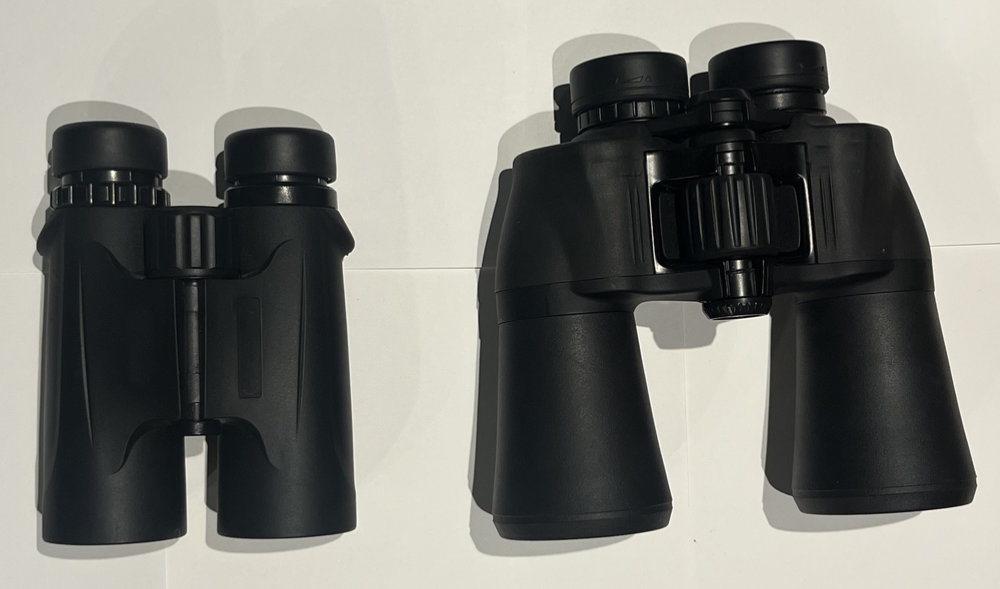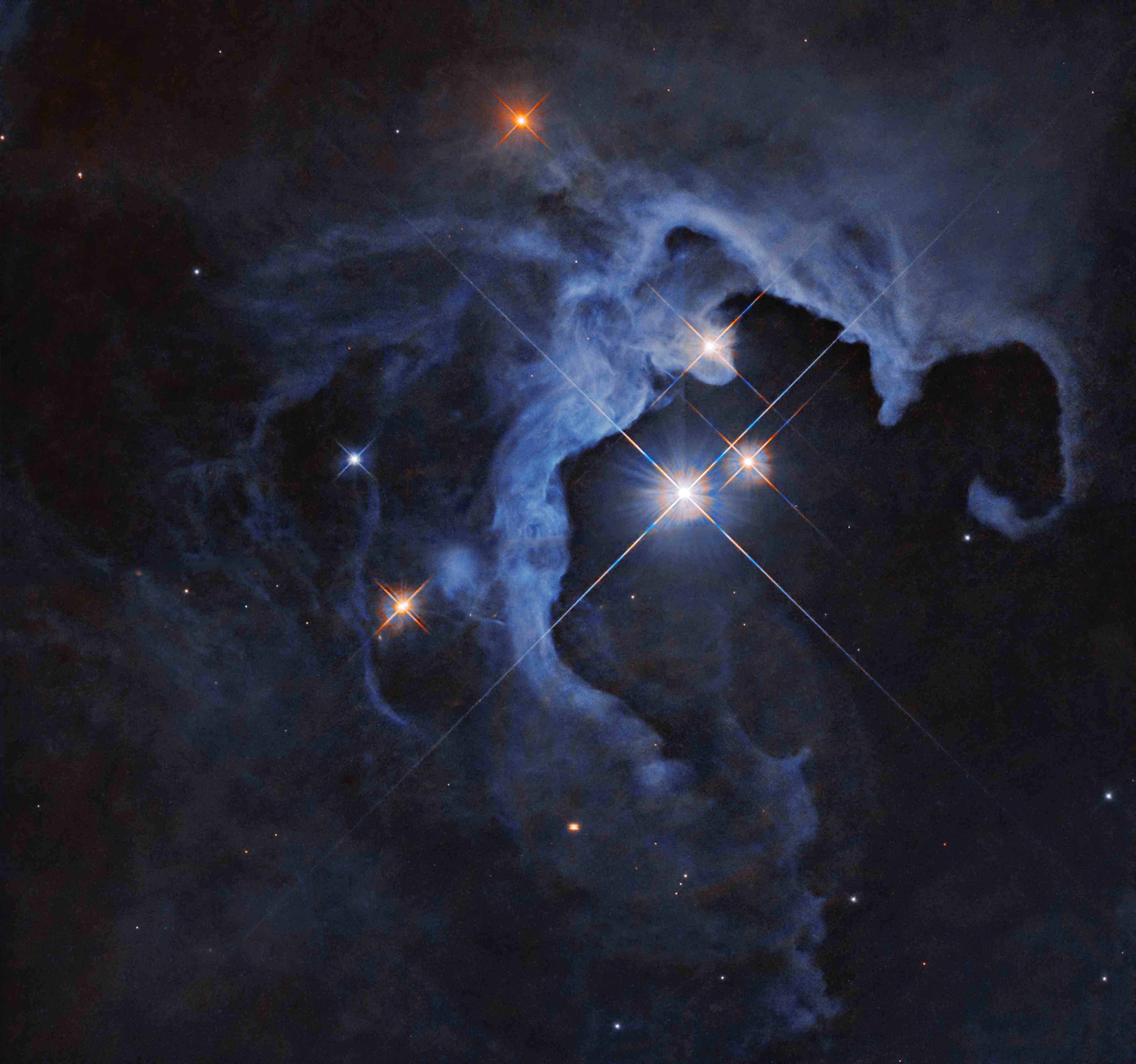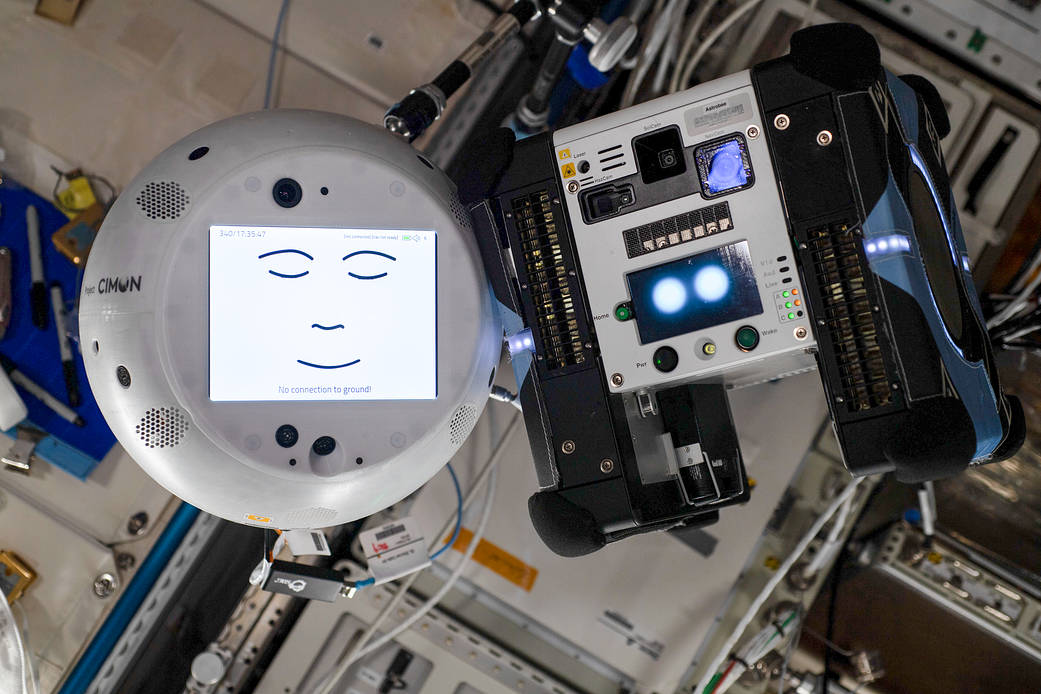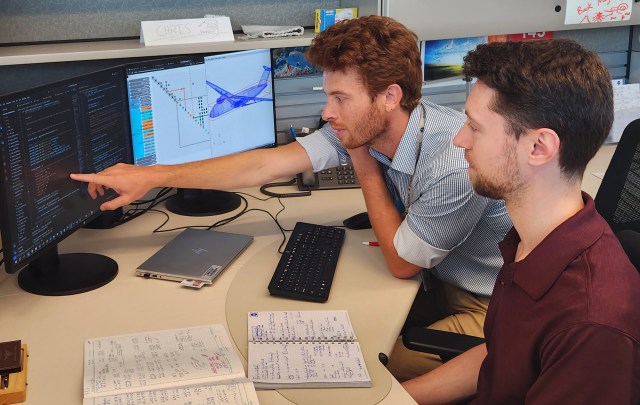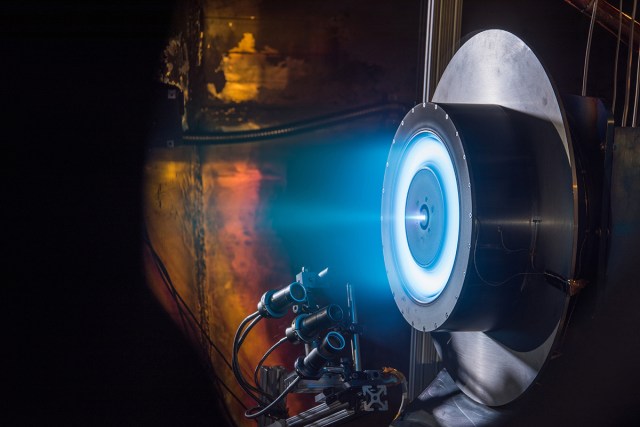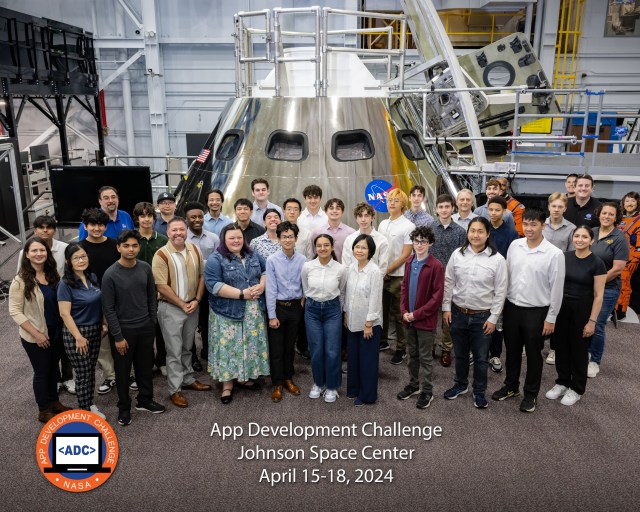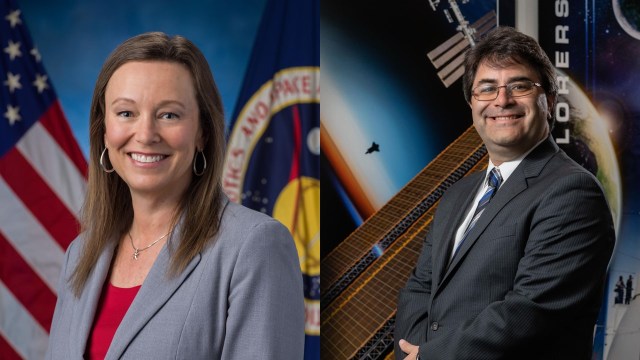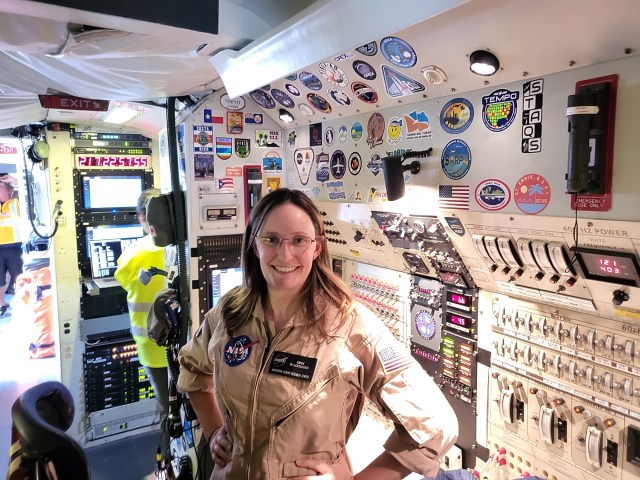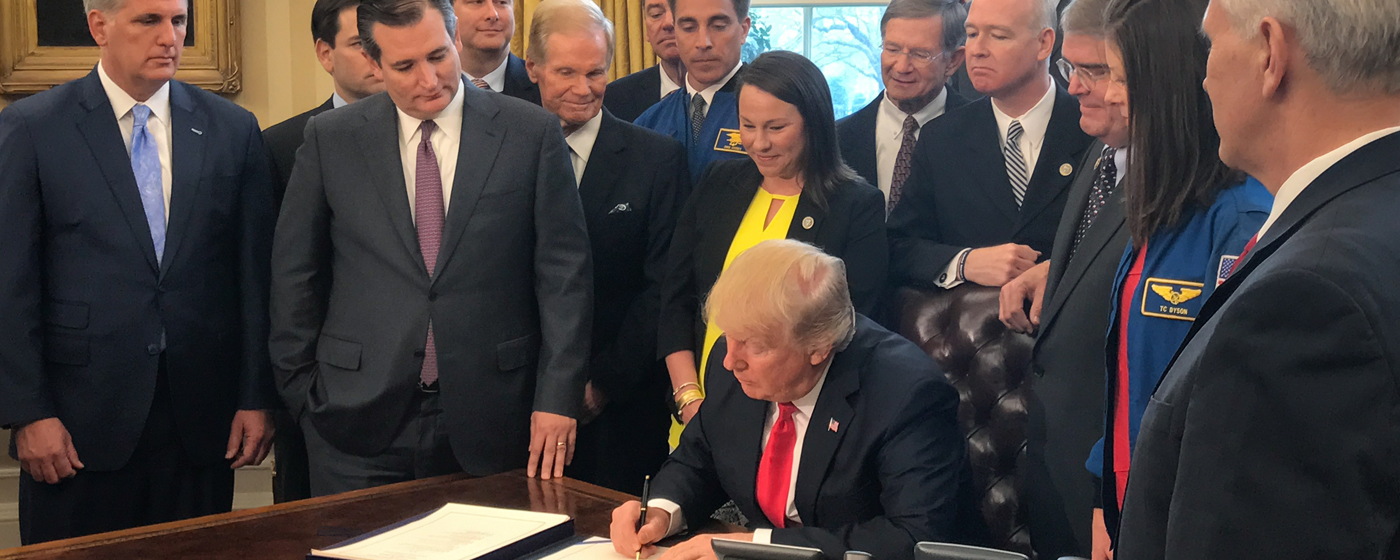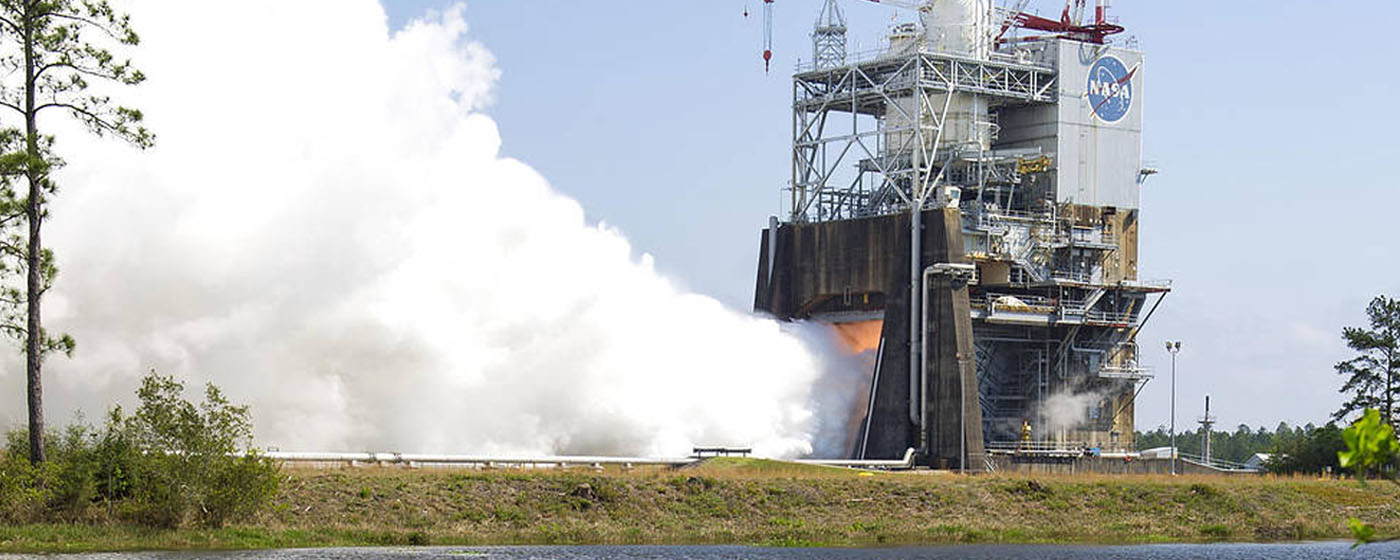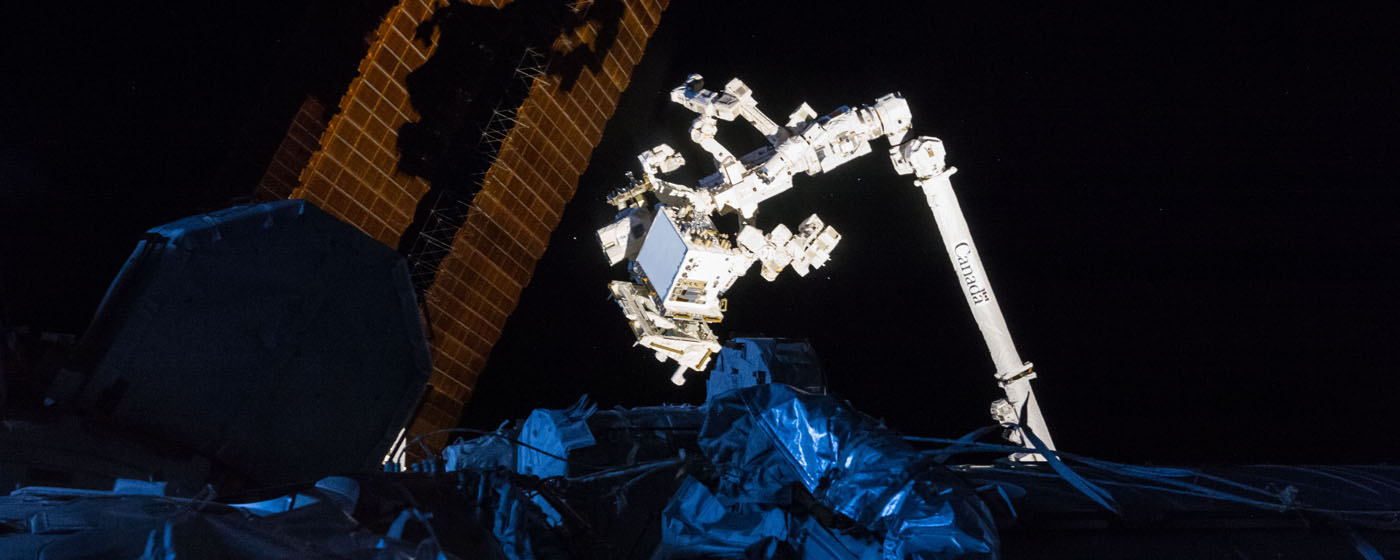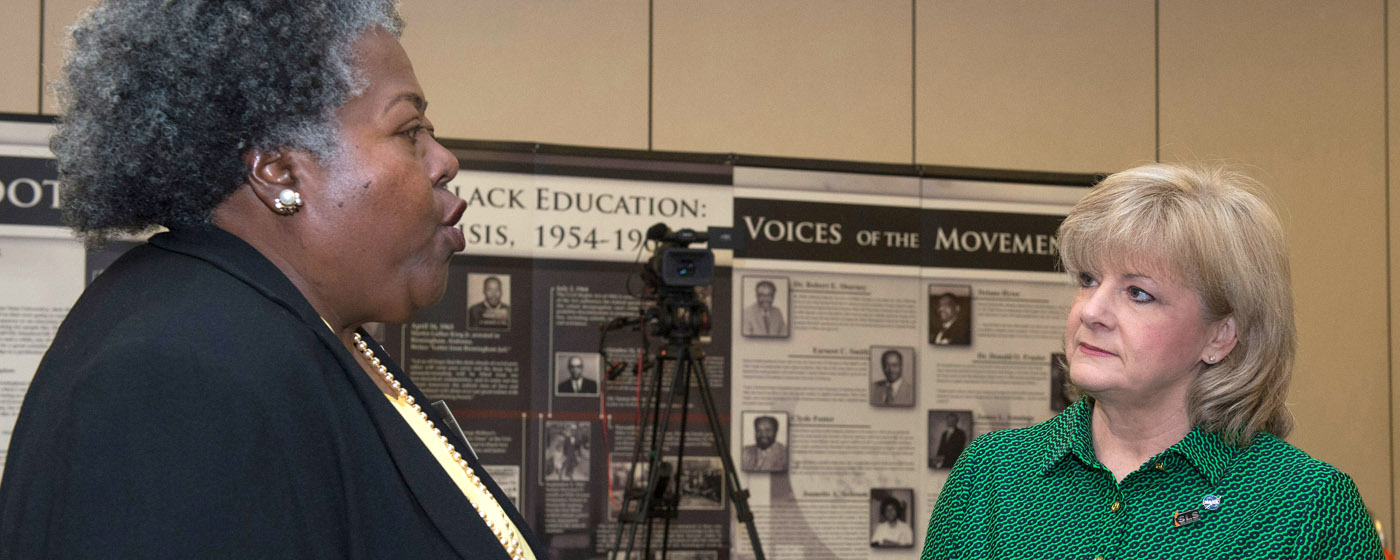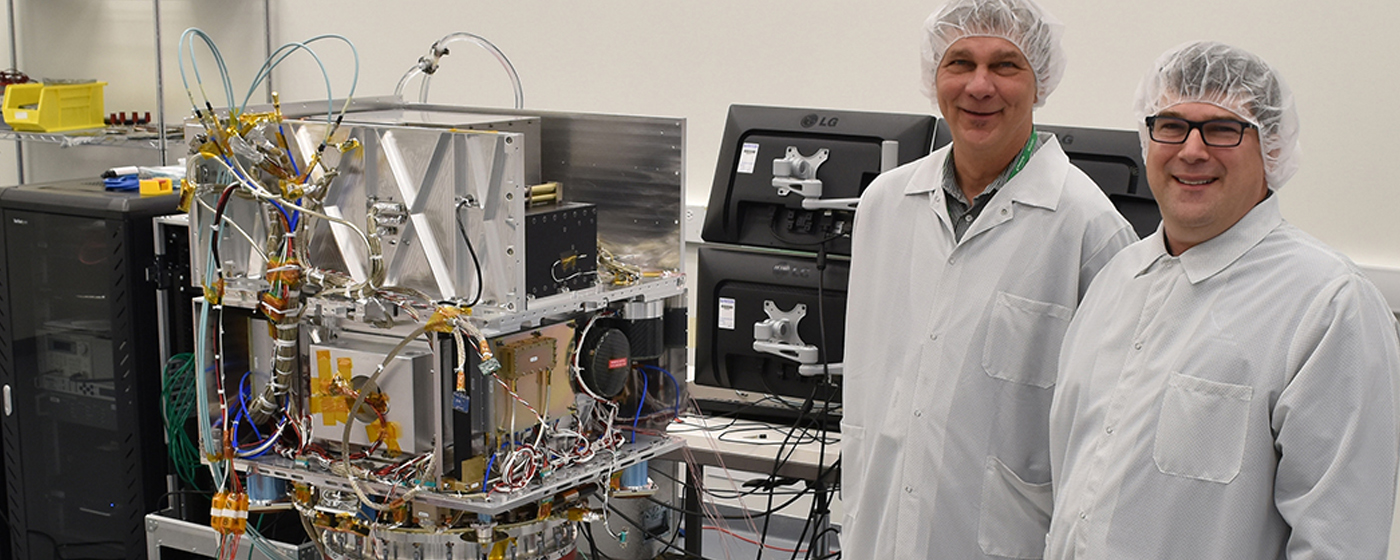President Signs NASA Authorization Act of 2017
This week, President Donald Trump signed the National Aeronautics and Space Administration Transition Authorization Act of 2017. “Our workforce has proven time and again that it can meet any challenge,” said Acting NASA Administrator Robert Lightfoot. “The continuing support for NASA ensures our nation’s space program will remain the world’s leader in pioneering new frontiers in exploration, innovation, and scientific achievement.”
(Video 15:03) NASA Tests New Engine Controller for First SLS Flight
NASA marked a critical milestone this week with a test of the first RS-25 engine controller that will be used on the first flight of the new Space Launch System. The new controller or “brain” has the electronics that operate the engine and communicate with the SLS vehicle.
Astronauts, Marshall Flight-Controllers Set a New Record for Science on Space Station
International Space Station crew members conducted nearly 86 hours of experiments and investigations the week of March 6, breaking the previous record set in 2014 by two hours. Flight controllers at NASA Marshall Space Flight Center’s Payload Operations Integration Center — mission control for science — work 24/7, 365 days a year managing and coordinating the investigations performed on the orbiting laboratory.
NASA History Symposium Examines Agency’s Role in the ‘Long’ Civil Rights Movement
Researchers, scholars and NASA officials gathered March 16-17 at the U.S. Space & Rocket Center in Huntsville to discuss the role the American space agency played in the civil rights movement. The symposium, titled “NASA in the ‘Long’ Civil Rights Movement,” was hosted by Marshall and the University of Alabama in Huntsville.
Futuristic Clock Prepared for Space
No one keeps time quite like NASA. Recently, the space agency’s next-generation atomic clock — Deep Space Atomic Clock — was joined to the spacecraft that will take it into orbit in late 2017. Timekeeping plays a critical role in spacecraft navigation and will be especially important for future deep space missions.
For more information or to learn about other happenings at NASA’s Marshall Space Flight Center, visit NASA Marshall. For past issues of the ICYMI newsletter, click here.
NASA Marshall Space Flight Center news releases and other information are available automatically by sending an e-mail message with the subject line subscribe to msfc-request@newsletters.nasa.gov.
To unsubscribe, send an e-mail message with the subject line unsubscribe to msfc-request@newsletters.nasa.gov.


